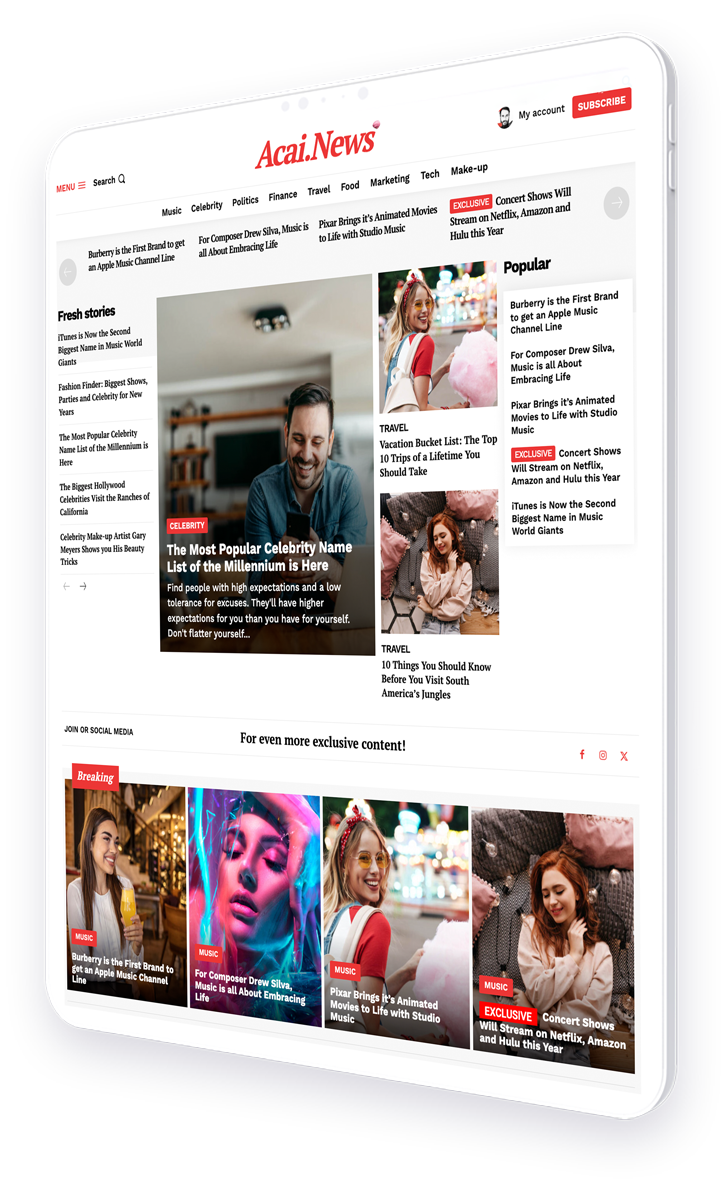Discover How Generative AI Revolutionizes the Publisher-Reader Relationship, Unlocking New Opportunities for Content Engagement and Personalization
Welcome to an in-depth exploration of how generative AI is reshaping the dynamics between publisher and reader. This transformative technology is not just altering the landscape of content creation but is also redefining how readers engage with content. In this article, we will delve into the various facets of this transformation, supported by examples, case studies, and statistics.
The advent of generative AI has brought about a significant shift in the publishing industry, impacting how content is created, distributed, and consumed. This technology enables the generation of text, images, and other media formats in a way that was previously unimaginable. As a result, the relationship between publishers and readers is undergoing a profound transformation, making it a pivotal moment for industry stakeholders to understand and adapt to these changes.
- Introduction
- Enhanced Personalization in Publishing
- Revolutionizing Content Creation
- Boosting Reader Engagement
- Challenges and Ethical Considerations
- The Future of Publishing with AI
- Conclusion
Enhanced Personalization in Publishing
One of the most significant impacts of generative AI in publishing is the ability to offer unprecedented levels of personalization. Here are some ways AI is making this possible:
- Tailored Content Recommendations: AI algorithms analyze reader behavior and preferences to suggest personalized reading materials.
- Customized Reading Experiences: Publishers can use AI to adjust the content based on the reader’s comprehension level and interests.
- Dynamic Content Adjustment: Content can dynamically change based on current trends or reader feedback, keeping the material relevant and engaging.
Revolutionizing Content Creation
Generative AI is also revolutionizing the way content is created in the publishing industry. This section explores how AI tools are being used to enhance content quality and efficiency:
- Automated Content Generation: AI can generate articles, reports, and even books, significantly reducing the time and effort required by human authors.
- Enhanced Editorial Processes: AI tools help in editing and proofreading, ensuring content quality with greater efficiency.
- Creative Storytelling: AI is being used to craft creative narratives in fiction and non-fiction genres, often in collaboration with human writers.
Boosting Reader Engagement
Enhancing reader engagement is crucial for publishers, and generative AI is playing a key role in achieving this. Here are some ways AI contributes to increased engagement:
- Interactive Content: AI-driven interactive stories and quizzes can make reading more engaging and fun.
- Augmented Reality Experiences: By integrating AI with AR, publishers can create immersive reading experiences that blend the digital and physical worlds.
- Real-time Feedback Loops: AI systems can provide real-time analytics on reader engagement, helping publishers to continuously refine their offerings.
Challenges and Ethical Considerations
While the benefits of generative AI are significant, there are also challenges and ethical considerations that need to be addressed:
- Data Privacy: Ensuring the privacy of reader data used for personalization is paramount.
- Content Authenticity: There is a risk of generating misleading or false information through AI, which needs to be carefully managed.
- Intellectual Property Issues: The use of AI in content creation raises questions about authorship and copyright.
The Future of Publishing with AI
The future of publishing with generative AI holds immense potential. As technology advances, we can expect even more innovative applications that will further enhance the publisher-reader relationship. The key will be to harness these advancements while managing the associated risks effectively.
Conclusion
In conclusion, generative AI is transforming the publisher-reader relationship in profound ways. From personalizing content to revolutionizing how it is created and enhancing reader engagement, the possibilities are vast. However, navigating the challenges and ethical considerations will be crucial for leveraging AI’s full potential in publishing. As we move forward, the collaboration between human creativity and artificial intelligence will undoubtedly redefine the boundaries of what’s possible in the publishing industry.
For more insights into the impact of AI on various industries, visit IBM Watson’s official page.




